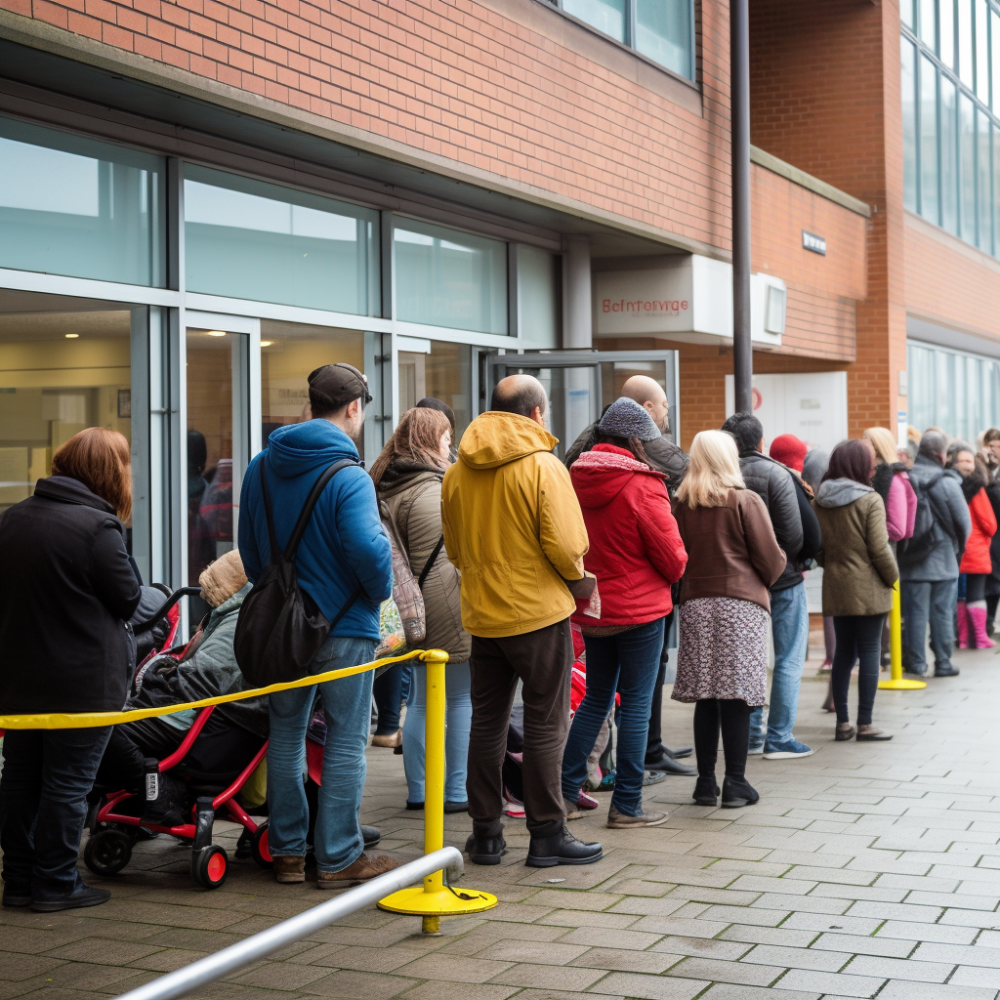Waiting for death

The Times front page had a headline yesterday morning proclaiming that “most people die while on NHS waiting list”. The opening paragraph:
More than half of all people who died in England last year were on an NHS waiting list, research indicates.
I didn’t get a chance to read beyond that point, but as I walked to work, it played on my mind. I thought a lot about how it was a sad inditement of modern medicine. How depressing, I thought, that so many people are dying in limbo, expecting some kind of treatment for something, rather than being supported to achieve a good death. People who are at the end of their life should not be worrying about clinic appointments and waiting lists.
On the other hand, I thought that perhaps this news was perversely positive: it was good, I thought, to see realistic medicine enter the national conversation as never before.
And then I read the full article. And The Guardian’s coverage.
And ho-hum, I’d got it very wrong. It turns out that I was supposed to be thinking:
Record numbers of people are spending their final months in agony, waiting for treatment that never arrives. The basic promise of the NHS — that it will be there for us when we need it — has been broken.
And that the statistics represent a:
terrible indictment of this government’s mismanagement of our health services.
And:
These figures are a stark reminder about the potential repercussions of long waits for care. They are heartbreaking for the families who will have lost loved ones and are deeply dismaying for NHS leaders who continue to do all they can in extremely difficult circumstances.
I suppose my reaction differed from that of the various spokespeople because they assumed that most patients were dying while on waiting lists for treatment for the thing that killed them.
That seems so unlikely that it simply never occurred to me, and there’s nothing in the cited data to challenge my view. It’s not uncommon for someone to languish on a waiting list because they are being treated for something else: people don’t get hip replacements while they’re going through chemotherapy, for example. Certainly, some people are referred for treatment for a condition, deteriorate unexpectedly quickly, and die while waiting, but those events strike me as quite exceptional, quite far from the norm, not least because lists are generally arranged by clinical urgency.
But really, this statistic is intriguing for being an interesting combination of meaningless and significant. It’s meaningless because it is extrapolated from a small data set, we have no evidence of any causal link, and it’s not immediately obvious that improving it would improve patient care. Yet, it is significant because it helps to give some emotional context to bland waiting list statistics and reminds us that people’s lives continue while they wait.
The image at the top of this post was generated by Midjourney.
This post was filed under: Health, Post-a-day 2023.